|
facebook
|
Is used to Enable ad delivery or retargeting
|
90
days
|
HTTP
|
Meta
|
|
__fb_chat_plugin
|
Is needed to store and track interactions (marketing/tracking).
|
persistent
|
HTTP
|
Meta
|
|
_js_datr
|
Is needed to save user settings.
|
2
years
|
HTTP
|
Meta
|
|
_fbc
|
Is needed to save the last visit (marketing/tracking).
|
2
years
|
HTTP
|
Meta
|
|
fbm
|
Is needed to store account data (marketing/tracking).
|
1
year
|
HTTP
|
Meta
|
|
xs
|
Is needed to store a unique session ID (marketing/tracking).
|
1
year
|
HTTP
|
Meta
|
|
wd
|
Is needed to log the screen resolution.
|
1
week
|
HTTP
|
Meta
|
|
fr
|
Is needed to serve ads and measure and improve their relevance.
|
3
months
|
HTTP
|
Meta
|
|
act
|
Is needed to store logged in users (marketing/tracking).
|
90
days
|
HTTP
|
Meta
|
|
_fbp
|
Is needed to store and track visits to various websites (marketing/tracking).
|
3
months
|
HTTP
|
Meta
|
|
datr
|
Is needed to identify the browser for security and website integrity purposes, including account
recovery and identification of potentially compromised accounts.
|
2
years
|
HTTP
|
Meta
|
|
dpr
|
Is used for analysis purposes. Technical parameters are logged (e.g. aspect ratio and dimensions
of the screen) so that Facebook apps can be displayed correctly.
|
1
week
|
HTTP
|
Meta
|
|
sb
|
Is needed to store browser details and security information of the Facebook account.
|
2
years
|
HTTP
|
Meta
|
|
dbln
|
Is needed to store browser details and security information of the Facebook account.
|
2
years
|
HTTP
|
Meta
|
|
spin
|
Is needed for promotional purposes and social campaign reporting.
|
session
|
HTTP
|
Meta
|
|
presence
|
Contains the "chat" status of logged in users.
|
1
month
|
HTTP
|
Meta
|
|
cppo
|
Is needed for statistical purposes.
|
90
days
|
HTTP
|
Meta
|
|
locale
|
Is needed to save the language settings.
|
session
|
HTTP
|
Meta
|
|
pl
|
Required for Facebook Pixel.
|
2
years
|
HTTP
|
Meta
|
|
lu
|
Required for Facebook Pixel.
|
2
years
|
HTTP
|
Meta
|
|
c_user
|
Required for Facebook Pixel.
|
3
months
|
HTTP
|
Meta
|
|
bcookie
|
Is needed to store browser data (marketing/tracking).
|
2
years
|
HTTP
|
LinkedIn
|
|
li_oatml
|
Is needed to identify LinkedIn members outside of LinkedIn for advertising and analytics
purposes.
|
1
month
|
HTTP
|
LinkedIn
|
|
BizographicsOptOut
|
Is needed to save privacy settings.
|
10
years
|
HTTP
|
LinkedIn
|
|
li_sugr
|
Is needed to store browser data (marketing/tracking).
|
3
months
|
HTTP
|
LinkedIn
|
|
UserMatchHistory
|
Is needed to provide advertising or retargeting (marketing/tracking).
|
30
days
|
HTTP
|
LinkedIn
|
|
linkedin_oauth_
|
Is needed to provide cross-page functionality.
|
session
|
HTTP
|
LinkedIn
|
|
lidc
|
Is needed to store performed actions on the website (marketing/tracking).
|
1
day
|
HTTP
|
LinkedIn
|
|
bscookie
|
Is needed to store performed actions on the website (marketing/tracking).
|
2
years
|
HTTP
|
LinkedIn
|
|
X-LI-IDC
|
Is needed to provide cross-page functionality (marketing/tracking).
|
session
|
HTTP
|
LinkedIn
|
|
AnalyticsSyncHistory
|
Stores the time when the user was synchronized with the "lms_analytics" cookie.
|
30
days
|
HTTP
|
LinkedIn
|
|
lms_ads
|
Is needed to identify LinkedIn members outside of LinkedIn.
|
30
days
|
HTTP
|
LinkedIn
|
|
lms_analytics
|
Is needed to identify LinkedIn members for analytics purposes.
|
30
days
|
HTTP
|
LinkedIn
|
|
li_fat_id
|
Required for indirect member identification used for conversion tracking, retargeting and
analytics.
|
30
days
|
HTTP
|
LinkedIn
|
|
U
|
Is needed to identify the browser.
|
3
months
|
HTTP
|
LinkedIn
|
|
_guid
|
Is needed to identify a LinkedIn member for advertising via Google Ads.
|
90
days
|
HTTP
|
LinkedIn
|

![[Translate to English:] EULiST Global Conference](/fileadmin/_processed_/8/e/csm_Eulist_Global_con_3cb9425743.png)
![[Translate to English:] Sustainability in Action – Circular Economy & Cradle to Cradle](/fileadmin/_processed_/0/7/csm_Nachhaltigkeit_in_Aktion_5eda4d9b25.png)
![[Translate to English:] we are hiring](/fileadmin/_processed_/3/c/csm_df2e8590-989c-4f33-84bb-1df2c0ce53d1_dc6e468a5e.png)
![[Translate to English:] dirty students](/fileadmin/_processed_/7/a/csm_2508_Summer-School-15_ff0dfbe639.jpg)
![[Translate to English:] The Waltz of Pioneers](/fileadmin/_processed_/6/9/csm_Pionners_e99ca4dd7d.png)

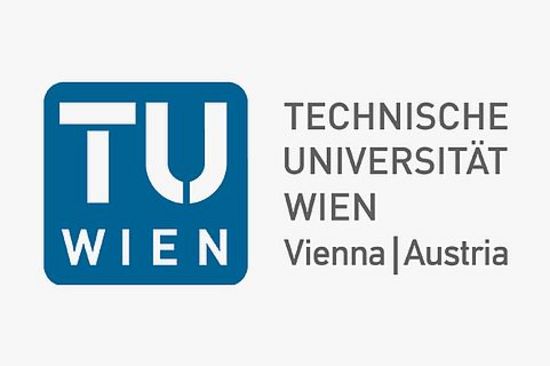
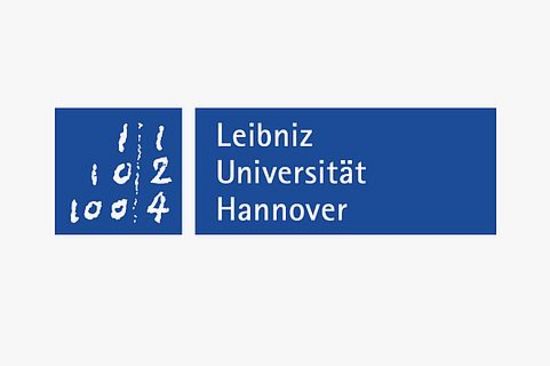
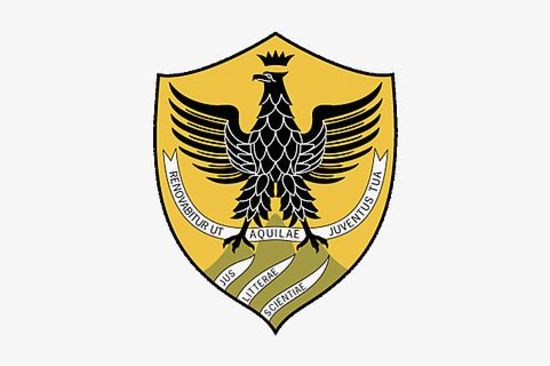
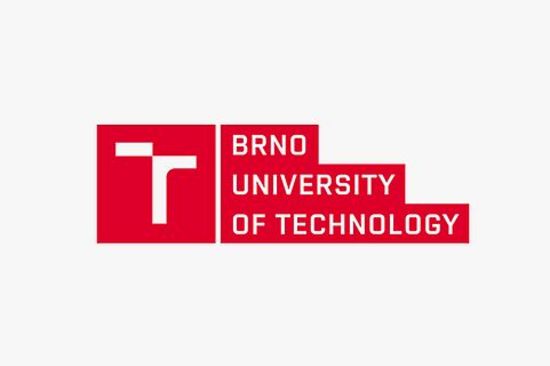
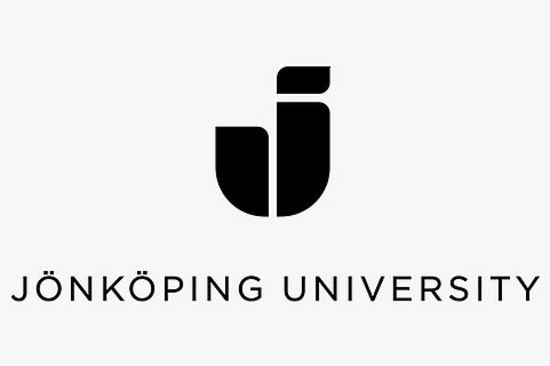

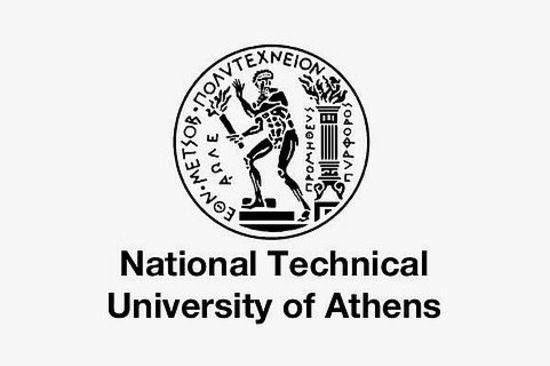

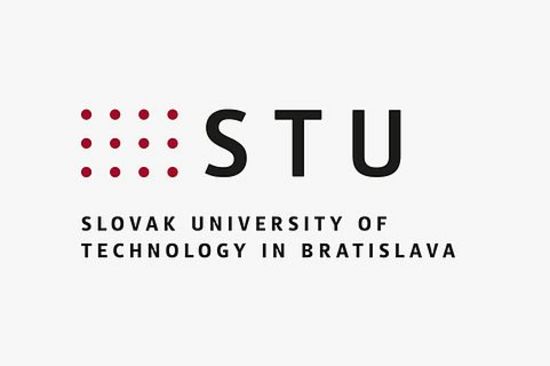
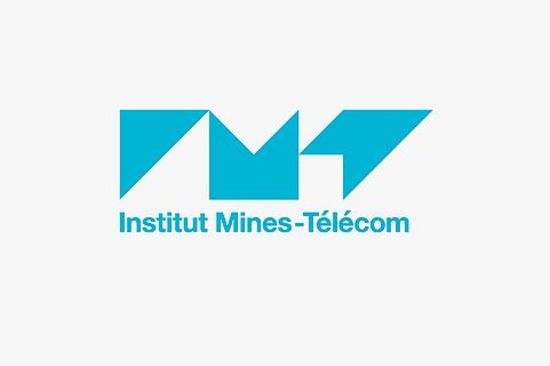
![[Translate to English:] a man with white hair](/fileadmin/_processed_/9/5/csm_2O5A9738_Kopie_-_Kopie_2_7be7e979e5.jpg)
![[Translate to English:] a man with a gray jacket](/fileadmin/_processed_/c/e/csm_2O5A9795_Kopie_e4c77a6ab1.jpg)
![[Translate to English:] a woman with a red dress](/fileadmin/_processed_/6/b/csm_0116_studiowey-9984_Kopie_913be8d5af.jpg)
![[Translate to English:] a young man with a suit](/fileadmin/_processed_/5/2/csm_2O5A9757_Kopie_4abcb816dd.jpg)
![[Translate to English:] a woman with a pink blouse](/fileadmin/_processed_/e/c/csm_2O5A9800_Kopie_2_287f888cd5.jpg)
![[Translate to English:] a man with black hair](/fileadmin/_processed_/5/7/csm_SchajaTarani2_Kopie_fecde4e80a.jpg)
![[Translate to English:] a woman in a green jacket](/fileadmin/_processed_/9/7/csm_2O5A9844_Kopie_420d7fe05f.jpg)
![[Translate to English:] Collaborative working place](/fileadmin/_processed_/a/d/csm_Colab_759656a045.png)


